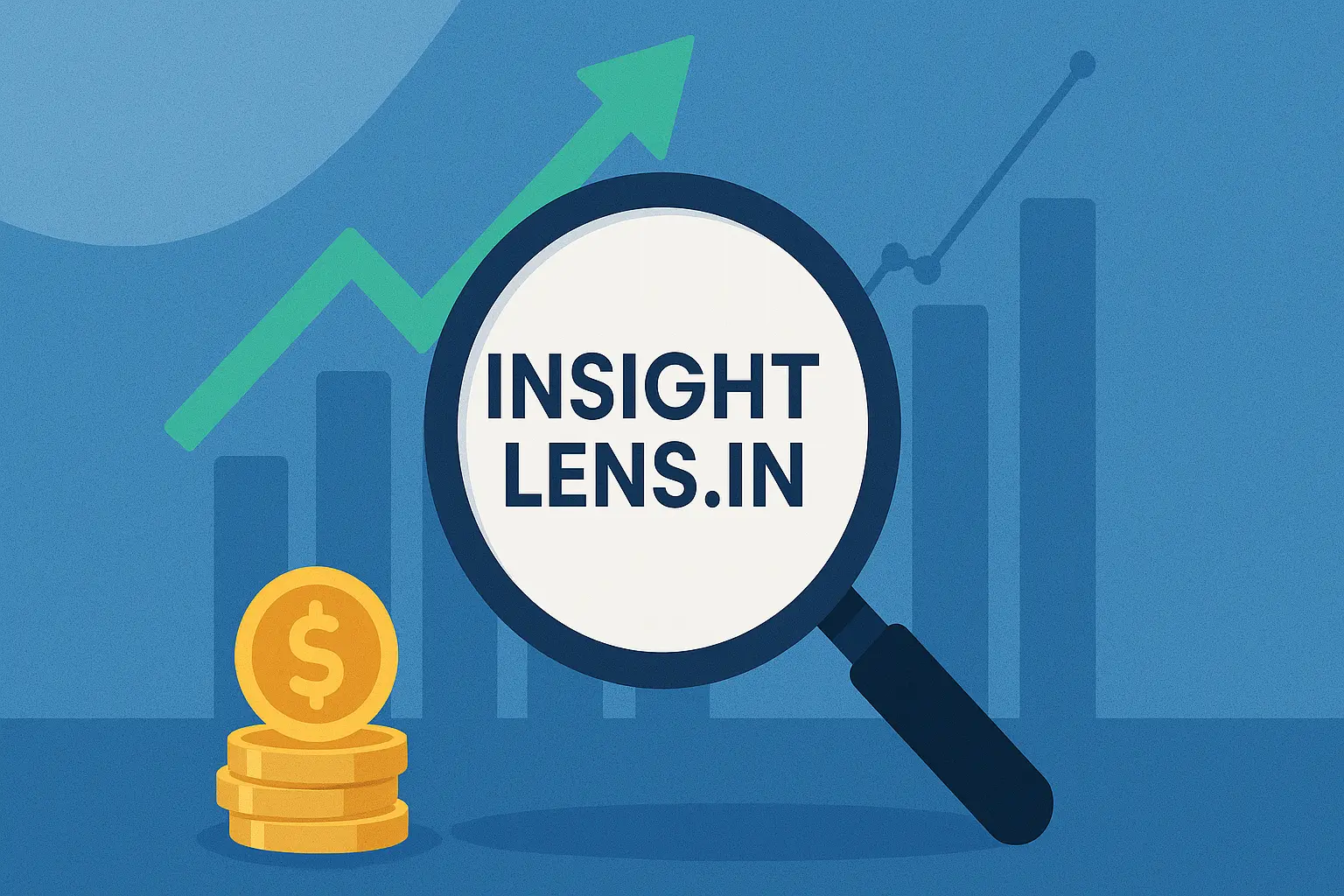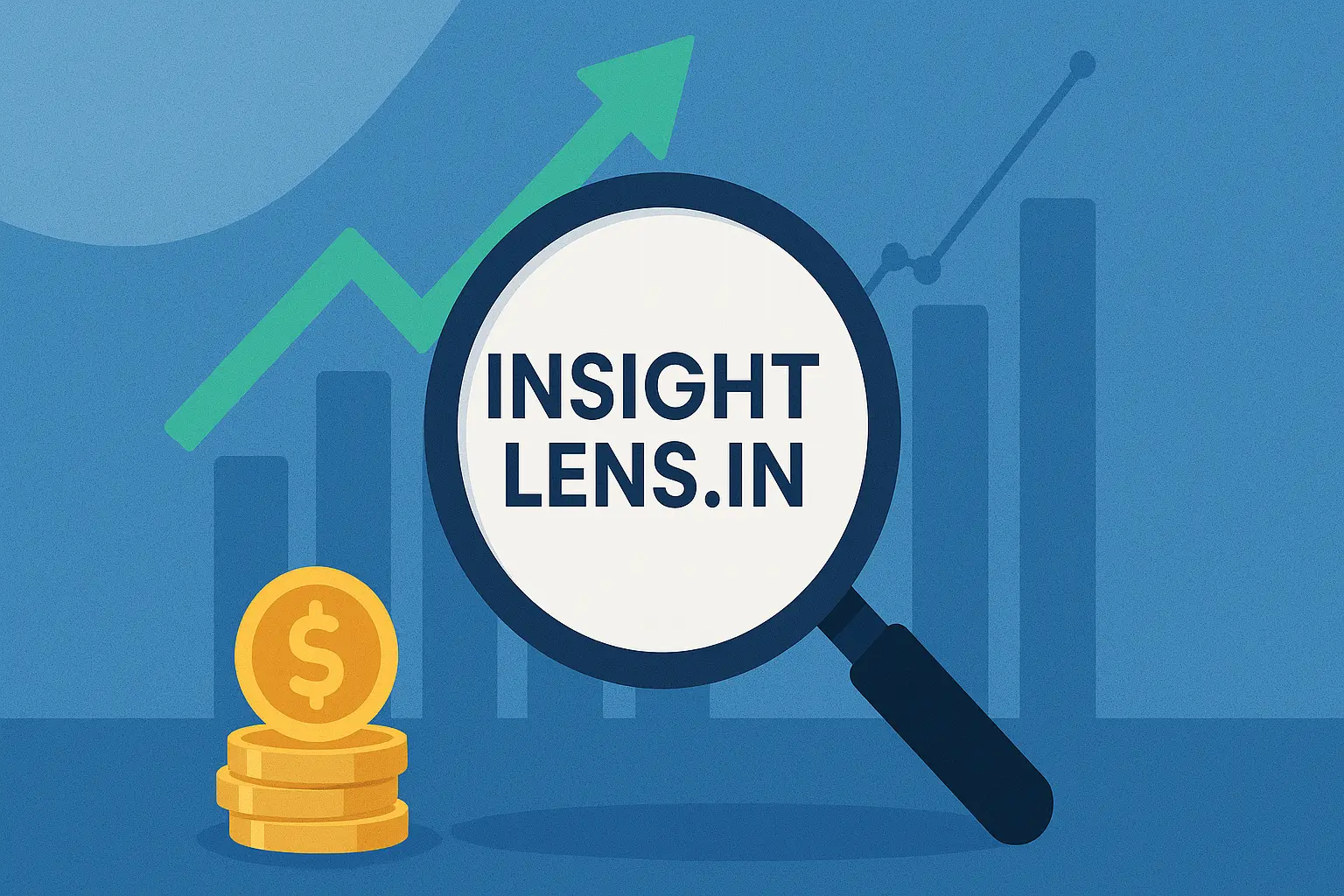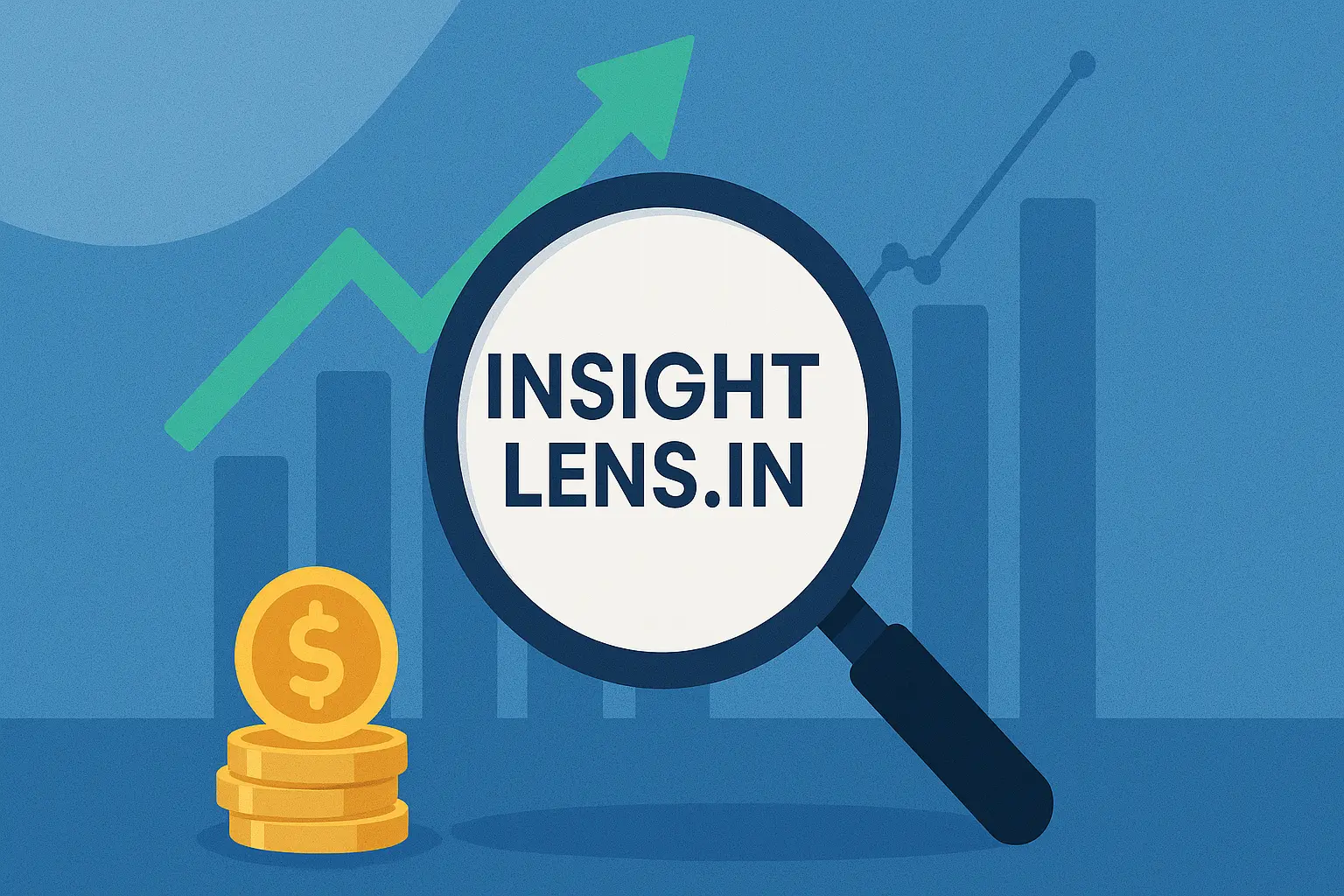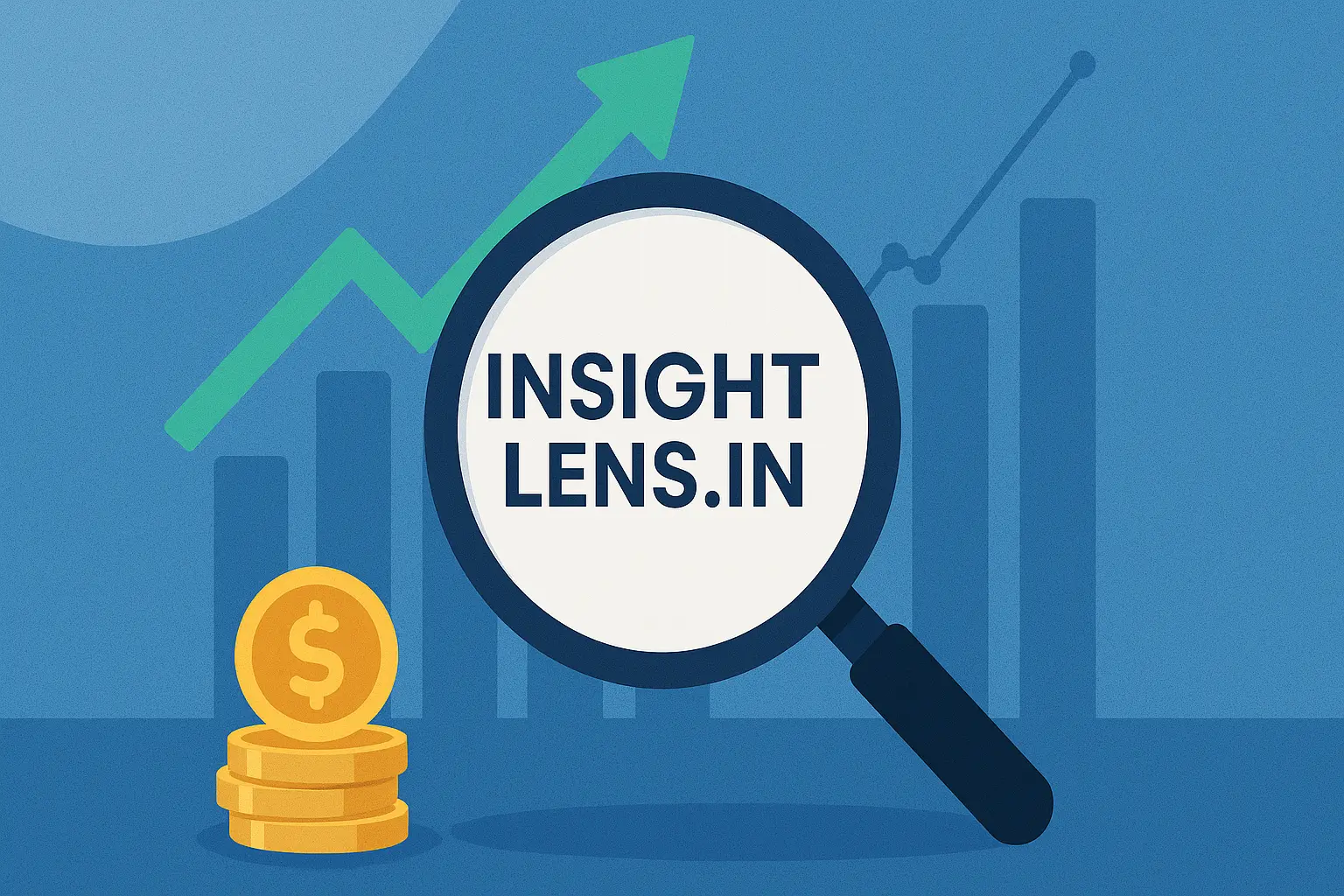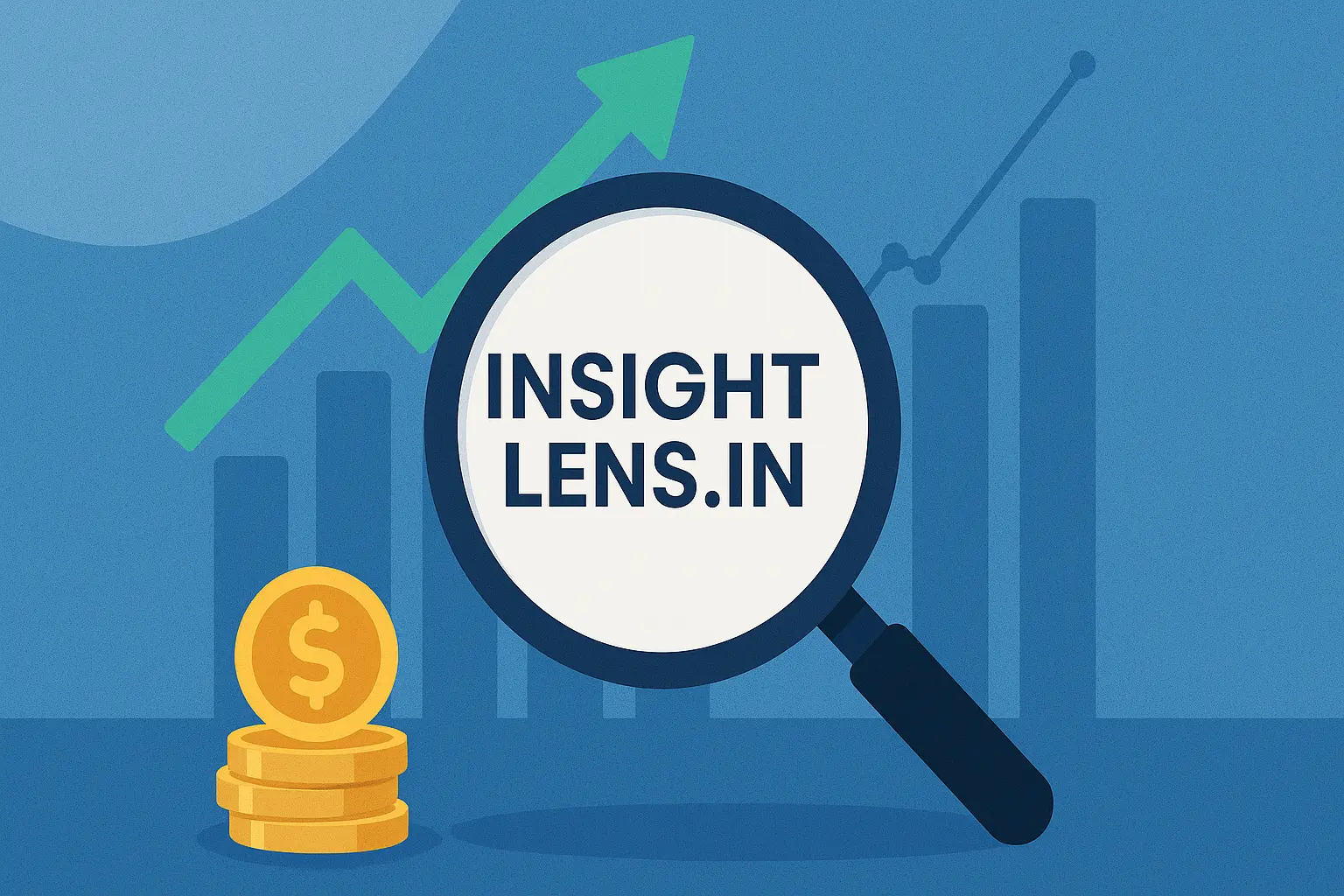The vital **Green Financing** approach is essential for building economies that truly last. Union Minister Bhupender Yadav recently spoke at FICCI’s LEADS event, emphasizing a crucial shift in how we think about economic progress. He highlighted that our future economies must balance business success with environmental health and the well-being of people.
This means putting nature and communities at the very core of all growth strategies.
Understanding Green Financing
This isn’t just a minor idea. The Minister sees **Green Financing** as the main support system for strong, competitive economies. It’s about changing where investment money goes. Instead of just looking for quick profits, every investment – whether in roads, farms, transportation, or factories – should also actively help the environment and build a sustainable future.
Why is This Important?
Historically, economic growth often came at the expense of our planet. This new vision ensures that growth and ecological health are woven together. It means cleaner air, healthier communities, and more resilient businesses.
For example, investing in renewable energy isn’t just good for the climate; it creates new jobs and reduces reliance on volatile fossil fuels.
The Power of Collaboration
Achieving this vision requires teamwork. Governments, businesses, financial institutions, and everyday citizens must work together. This collaboration is key to tackling climate change effectively while making sure economic development benefits everyone, not just a few.
Impact of Green Financing
For businesses, this means new opportunities in sustainable technologies and practices. For consumers, it could lead to more eco-friendly products and services. Over time, a **Green Financing** approach builds an economy that is less vulnerable to environmental shocks, promoting long-term stability and shared prosperity.
“Integrating **Green Financing** principles across all sectors isn’t merely an environmental choice; it’s a strategic economic imperative for future resilience,” states Dr. Anya Sharma, Lead Economist at the Global Sustainability Institute.
Key Takeaways from the Minister’s Address
- Future economies must align progress and profits with sustainability.
- People and ecosystems should be at the center of all growth.
- Collaboration among governments, industry, financial institutions, and citizens is crucial.
- Green finance is a backbone for strong economies, not just a niche intervention.
- Every investment should yield economic returns and simultaneously strengthen sustainability.
- Economic growth must be interwoven with ecological well-being and community health.
What Happens Next?
The push for **Green Financing** will likely lead to new government policies encouraging sustainable investments and stricter environmental regulations. We can expect financial institutions to develop more green investment products, making it easier for individuals and companies to contribute to a sustainable future. This shift represents a fundamental rethinking of economic value.
